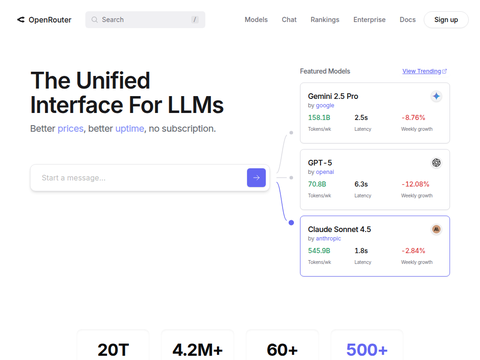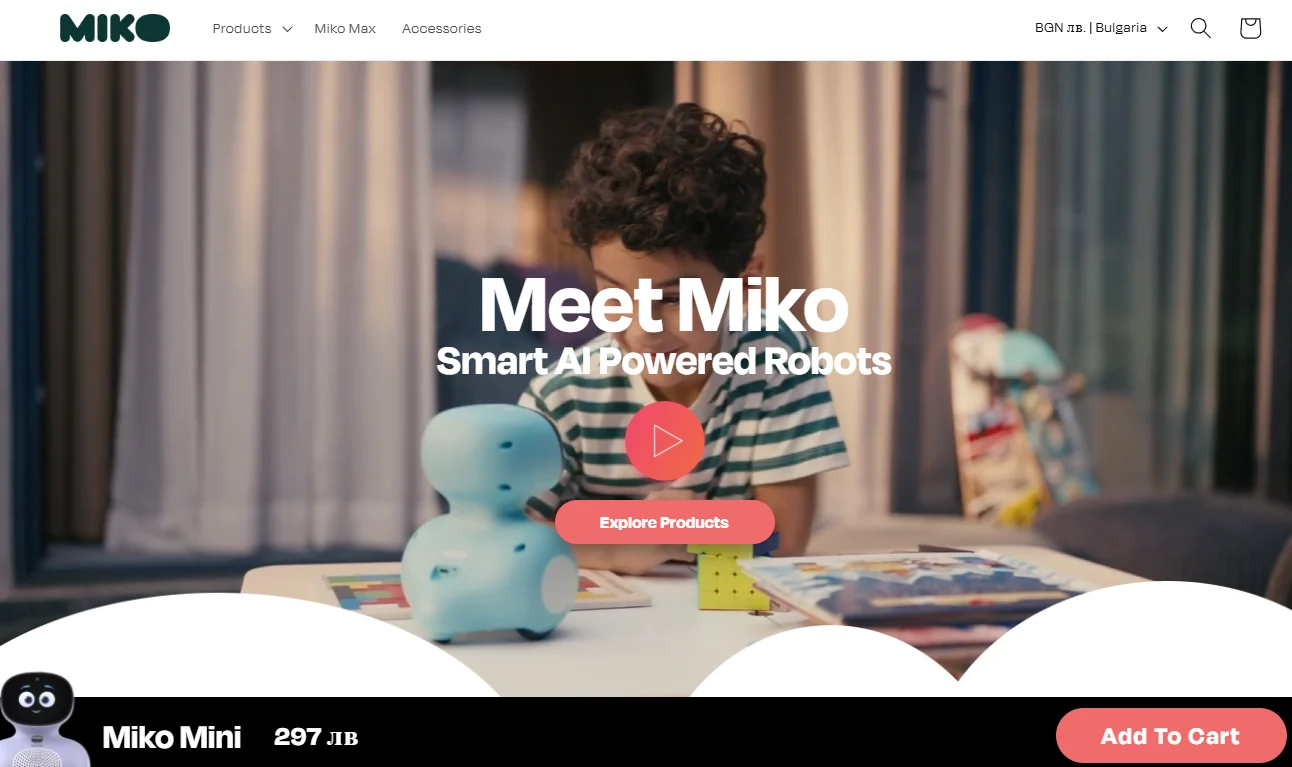Artificial intelligence chip startup Tenstorrent recently announced the completion of a $693 million Series D funding round, bringing its pre-money valuation to $2 billion. The round was co-led by Samsung Securities and AFW Partners, attracting participation from several prominent investors including XTX Markets, Corner Capital, MESH, the Canadian Export Development Agency, LG Electronics, Hyundai Motor Group, Fidelity Management & Research Company, Baillie Gifford, and Bezos Expeditions.
Headquartered in Santa Clara, California, Tenstorrent specializes in developing and marketing AI workload computing systems based on its Tensix core. The company aims to disrupt Nvidia's monopoly in the chip market by designing more cost-effective hardware for AI training and deployment, employing a strategy that avoids the use of expensive components such as high-bandwidth memory, which Nvidia relies on.
Jim Keller, CEO of Tenstorrent, stated that Nvidia's bulk purchasing of high-bandwidth memory gives them a cost advantage, making it difficult to compete using similar memory. However, Nvidia's product and socket designs result in persistently high prices for high-bandwidth memory, whereas Tenstorrent can offer more affordable solutions.
To attract a broader range of potential customers, Tenstorrent is committed to achieving hardware interoperability with other vendors by adopting the open RISC-V processor architecture. RISC-V's Reduced Instruction Set Computing (RISC) design facilitates engineers and developers in integrating Tenstorrent's processors and systems into their data centers and server configurations.
Additionally, Tenstorrent offers AI and RISC-V intellectual property licenses to customers seeking to own and customize dedicated silicon chips. The open-source RISC-V instruction architecture simplifies the development of custom processors for various applications, allowing for customization and optimization based on power consumption, performance, and functionality.
The company plans to utilize the new funding to develop an open-source AI software stack and hire developers to expand its global development and design centers. This will enable Tenstorrent to build systems and cloud environments for AI developers to use and test their models.
With the new funding secured, Tenstorrent is scaling up operations, although it faces challenges due to Nvidia's dominant market position. Nonetheless, Keller remains confident in the commercial viability of offering customizable AI chips tailored to business needs and maintaining a cadence of releasing a new processor every two years.








